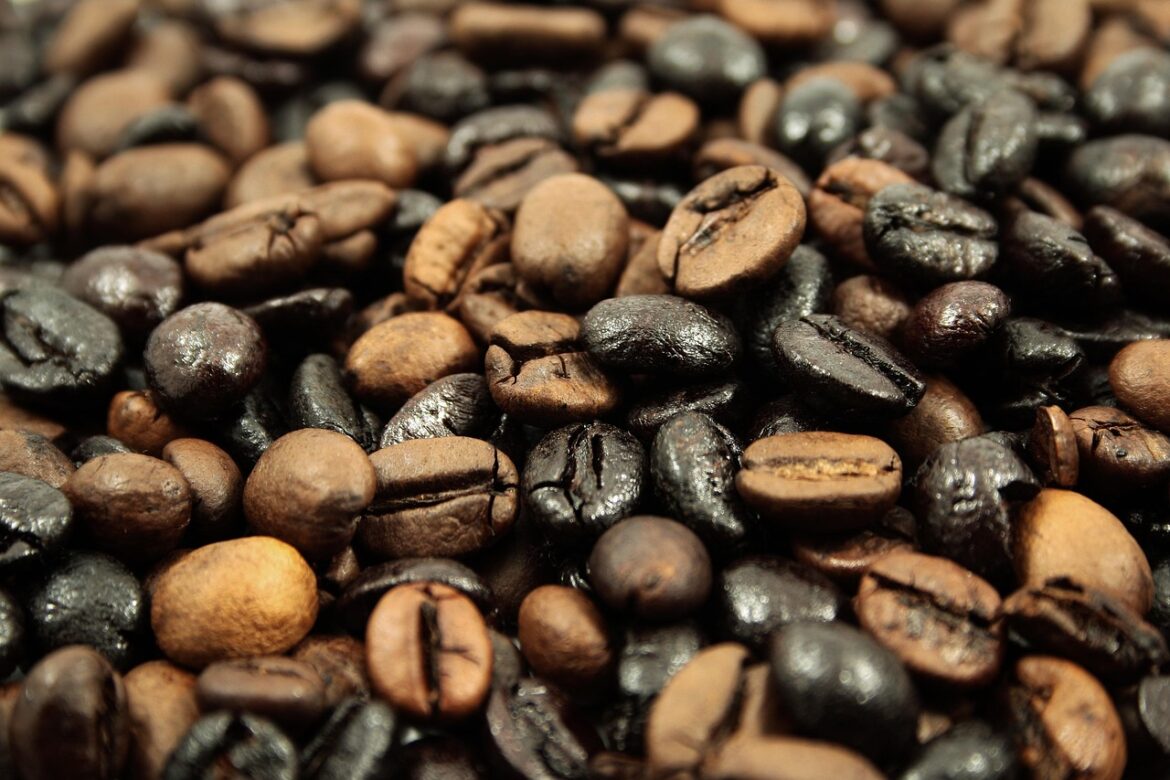Ensure the Best Coffee Cup Every Time: Expert Tips for Optimal Brewing
Are you searching for the secret to brewing the perfect cup of coffee every morning? Whether you’re a seasoned barista or a home brew enthusiast, understanding the art and science of coffee making can significantly enhance your brewing experience. This comprehensive guide will explore essential tips and strategies to ensure the best cup every time, addressing common questions and providing valuable insights for coffee lovers everywhere.
Choosing the Right Coffee Beans
One of the most critical steps in brewing excellent coffee is selecting the right beans. Quality beans are the foundation of good coffee, and their source, variety, and roast play pivotal roles.
- Source: Look for beans from reputable farms or coffee-producing regions such as Ethiopia, Colombia, or Brazil.
- Variety: Experiment with different varieties to see which taste preferences they satisfy, whether you prefer a bright, acidic note or a deep, rich flavor.
- Roast: Choose the roast level that best suits your taste; lighter roasts tend to be more acidic and flavorful, while darker roasts are smoother and more robust.
Grinding Your Coffee
The grind size of your coffee beans makes a significant difference in the brewing process. The ideal grind size varies depending on the brewing method you choose.
- Coarse grinds are perfect for French press and cold brew.
- Medium grinds work best with drip coffee makers and pour-overs.
- Fine grinds are suitable for espresso machines.
Avoid grinding your beans too early. For maximum freshness, grind your coffee right before brewing.
Mastering the Brewing Process
The way you brew your coffee heavily influences its quality. Different brewing methods can highlight unique characteristics and flavors of the coffee bean.
- French Press: Allows for steeping the coffee grounds in boiling water to extract rich flavors.
- Espresso: Uses high pressure to rapidly force water through fine grounds, capturing concentrated flavors.
- Pour-Over: Offers control over the water temperature and brew time, allowing for a more refined flavor extraction.
Monitor your brew time and temperature to ensure consistent results. For most methods, maintaining a water temperature between 195°F and 205°F yields optimal extraction.
Water Quality and Coffee Brewing
The quality of water used in brewing can dramatically affect the taste of your coffee. Hard water or water with high mineral content can lead to under-extracted, flat tasting coffee, while using purified or filtered water can enhance flavor clarity and overall quality.
Tips for Improving Water Quality:
- Use filtered or bottled water if your tap water is heavily chlorinated or contains high levels of minerals.
- Avoid distilled water as it lacks the minerals necessary for proper extraction.
Experimentation and Adjustment
The key to mastering coffee brewing is experimentation. Be willing to adjust variables such as coffee-to-water ratio, grind size, and brewing time to find what works best for your taste.
Keep a Coffee Journal
Keeping a journal can help you track the changes and results of your brewing experiments, allowing you to refine your technique and achieve consistent quality.
Cleaning and Maintenance
Proper cleaning and maintenance of your coffee equipment are essential for ensuring the best tasting cup. Oils and residues from coffee beans can build up over time, impacting the flavor and functionality of your machine.
Regular Cleaning Tips:
- Clean your coffee maker after each use.
- Descale espresso machines and coffee makers regularly to prevent mineral buildup.
- Replace filters and check for wear and tears in equipment parts periodically.
Conclusion: Ensuring the Best Cup Every Time
By choosing the right beans, mastering your brewing technique, and maintaining your equipment, you can consistently create excellent coffee that rivals your favorite café. Remember, the perfect cup of coffee is a personal journey, and with these tips, you are well on your way to becoming your own best barista.

